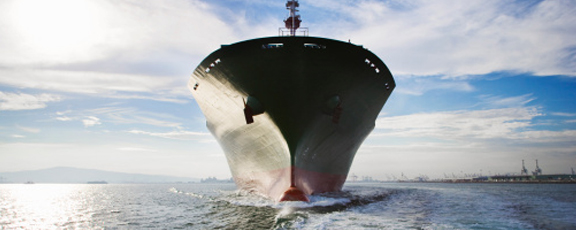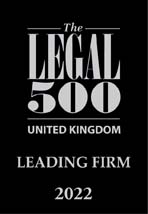
Legal 500, 2021
Their lawyers come across as sharp, responsive and focused on delivering timely and commercially aware advice.

News
The English Court of Appeal re-affirms the English courts’ support of arbitration based in London.
May 5 2020
In an important decision, the English Court of Appeal has reversed a decision of the first instance Judge and granted an anti-suit injunction in restraint of proceedings brought in Russia in breach of a clause that submitted disputes to ICC arbitration, “seated” in London.
The facts of the matter are complex but, in brief: the Turkish construction company Enka was contracted to perform certain works in the construction of a power plant in Berezovskaya, in Siberia, Russia. After the power plant had been completed and was operational, there was a fire. The owners of the power plant claimed under their insurance policy with Chubb, for about USD400 million. Chubb then brought a subrogated claim against Enka (and others), in tort, in the Russian court, claiming that they were (jointly and severally) responsible for the fire.
Enka sought an anti-suit injunction against Chubb to enforce the ICC/London arbitration clause in its contract. Chubb said (amongst other things) that, because its claim was in tort, it was not bound by the arbitration clause in the contract between its insured and Enka.
At first instance, the Judge refused Enka the anti-suit injunction, saying (amongst other things) that the Russian court was the correct one to decide whether the arbitration clause applied, or not. He also criticised Enka for delay in making the application for an anti-suit injunction (which Enka said was while it tried to forestall what it considered to be an unmeritorious threatened claim through the commercial route).
Following a virtual hearing before the Court of Appeal (which highlighted, for the author, some useful lessons to be learned about how advocacy is affected by not being physically in a courtroom), the Court of Appeal reversed the first-instance Judge’s decision.
The full judgment is available here: https://www.bailii.org/ew/cases/EWCA/Civ/2020/574.html but, in summary, following a review of the authorities, the Court robustly rejected the first instance Judge’s view that it was for the Russian court to decide whether it had jurisdiction (a forum conveniens approach, for all those Latin scholars out there), summarised (at paragraph 105) the principles for identifying the law of an arbitration agreement where it has not been expressly chosen by the parties, and disagreed with the Judge that there had been undue delay on the part of Enka. The Court of Appeal Judges rejected the first instance Judge’s view that choice of London as the seat of arbitration under the rules of an international arbitral body such as the ICC was simply one of convenience: the courts of the seat have an important role to play in supporting arbitration “seated” within their jurisdiction.
It should be noted that, during the period between the first instance decision and consideration by the Court of Appeal, the Russian proceedings continued on the merits, despite Enka’s continued objection to the Russian court’s jurisdiction. This resulted in the Russian court rejecting Chubb’s claim against Enka. That means that the injunction granted by the Court of Appeal restrains Chubb from appealing the Russian judgment in respect of its finding in favour of Enka. The Court of Appeal refused Chubb’s application for leave to appeal to the UK’s Supreme Court.
During periods of uncertainty such as the current COVID-19 crisis and the discussions around BREXIT, this judgment is to be welcomed as re-affirming the English Courts’ commitment to supporting party autonomy when they have chosen to resolve their disputes through arbitration seated in the UK, and granting anti-suit (or, in this case, “anti-appeal”) injunctions, where appropriate. It is also an example of the English Courts’ commitment to adapt to the current circumstances and embrace new technologies in order to continue to serve the international and domestic industries that have trusted them with resolving their disputes, in a timely and efficient way.
Kevin Cooper of MFB Solicitors was part of the team advising Enka in relation to its successful appeal.
-

Brochure
Download our online brochure




